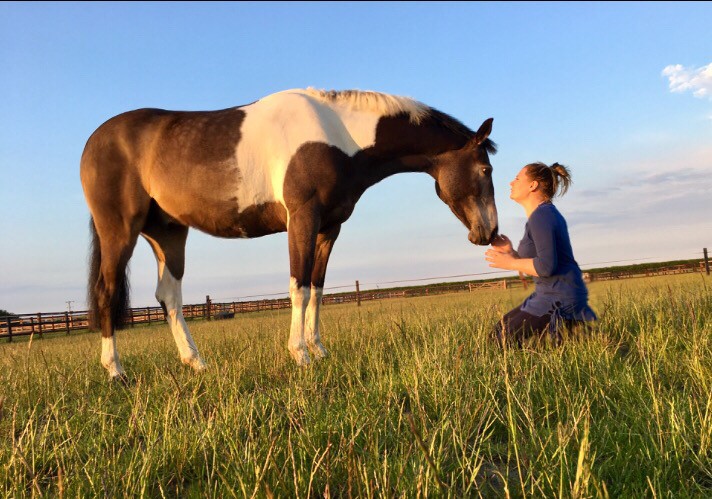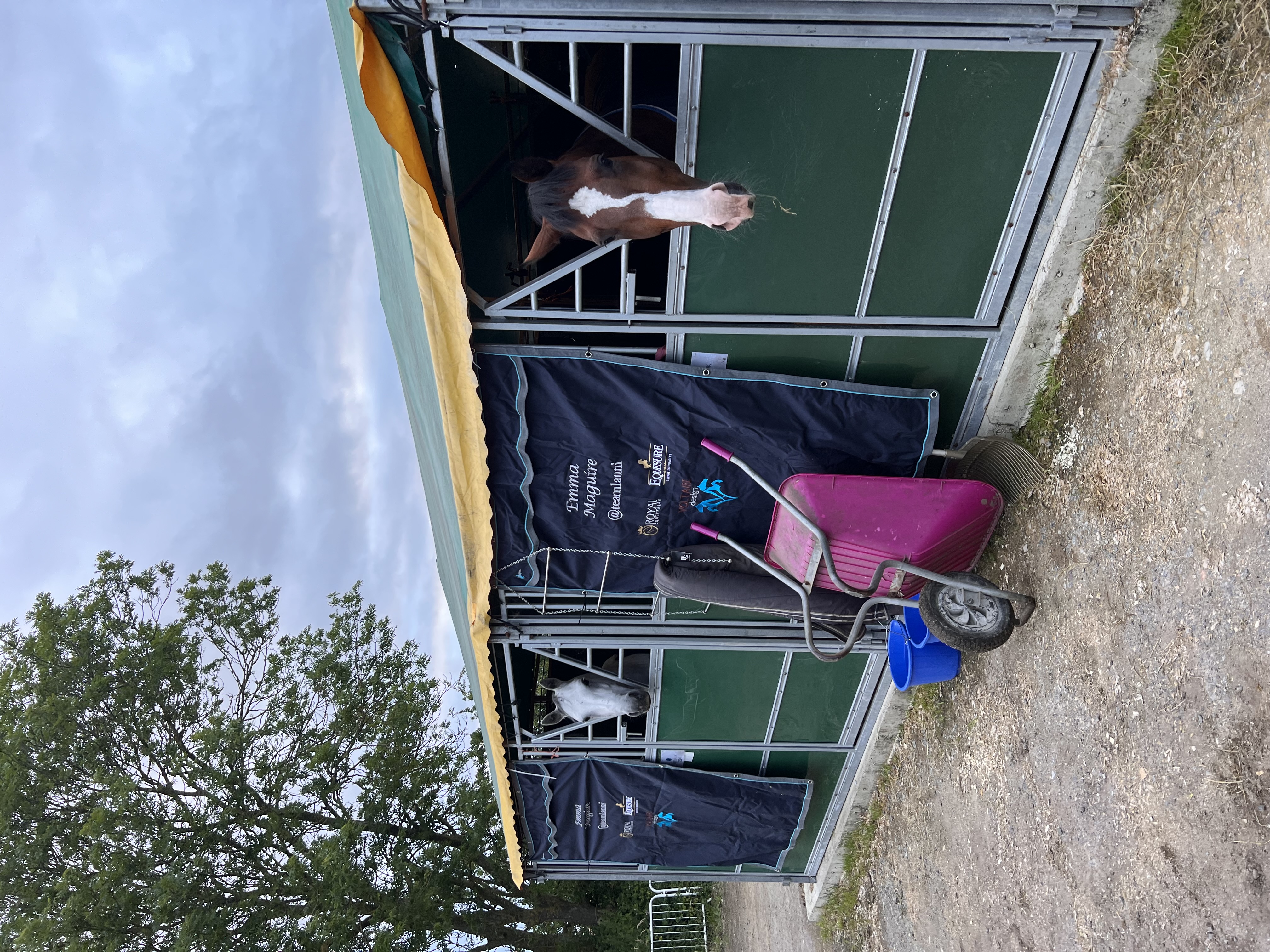There are many interesting jobs in the world of racing, from stable hands and grooms to jockeys and trainers. But what about the more specialised careers to be found in this world of champion thoroughbreds? One such role is that of a bloodstock agent.
If you’ve always wondered what a bloodstock agent is and what they do day to day, read on to find out all you need to know about this intriguing career.
And if you’re thinking about breeding thoroughbreds, finding a trusted bloodstock agent will be key – just as important as finding the right insurance for your horse to protect your equine.
What does a bloodstock agent do?
Winning racehorses don’t just appear from nowhere. They will be the result of intensive breeding over generations to create the supreme equine athlete, ready to compete in one of the world’s toughest sports.
Bloodstock agents play a central role in this. They advise and assist breeders, owners and even riders to find the very best thoroughbred horses.
These equine professionals specialise in the racing or breeding side, or even a combination of both. Rubbing shoulders with the movers and shakers of the racing industry, they travel worldwide in their search for the ultimate racehorse.
Some bloodstock agents will act for wealthy clients who wish to race the target horse. Others act for those who buy and sell horses for quick profit as they get older and their racing abilities become more obvious. The key is to use their unparalleled equine knowledge to find specific horses and bring buyers and sellers together.
But it’s not just the racing side where bloodstock agents are involved. Their knowledge of pedigrees and breeding means they are in demand as advisers for clients hoping to breed champions.
Some of the duties a bloodstock agent might find themselves performing are:
- Attending both private sales and public auctions to assess the value of thoroughbreds. Particularly with regard to pedigree and conformation.
- Bidding on horses and brokering private sales for their clients.
- Advising on sales of client’s own stock.
- Devising mating plans for broodmares and booking sought-after stallions.
- Assessing equines for horse insurance and valuation purposes.
- National and international travel to represent clients at sales and race meetings.
- Networking with other industry professionals.
- Liaising with veterinarians, farriers, and other equine professionals to evaluate the health of specific horses.
Protecting an owner’s investment is vitally important. One of the best ways to do this is by arranging horse insurance through Equesure.
To really succeed in this role, bloodstock agents need to demonstrate several key skills. These are:
- An in-depth knowledge of pedigrees, horse breeding theories, horse anatomy and the racing and breeding industries.
- Excellent sales and interpersonal skills.
- Flexibility as their work time will be dictated by the schedules and needs of clients.
- Credibility within the industry.
- Working to ethical standards and providing independent advice. Owners need to know that a person of integrity is watching over their racing and breeding interests.

How to start out as a bloodstock agent
Whilst there are no particular formal qualifications or licences needed to become a bloodstock agent there are courses you can take to help you. For example, the Royal Agricultural University offers degrees in bloodstock and performance horse management.
Industry experience is at the heart of such courses with work placements and visits to leading racing businesses as standard.
However, going to university is only one route into the bloodstock industry. Anyone with a good knowledge of thoroughbreds and a ‘good eye’ for assessing horses can get to the top. Reading horse magazines and auction catalogues will help you get to know the main bloodlines and the types of horse they produce.
But there’s really no substitute to getting out and watching horses in action. How they move and how they interact with other horses and humans.
Photos and videos are great but it’s far better to get a job at a stable or race course where you can hone your skills at identifying promising horses.
Many bloodstock agents start out by working their way up in the thoroughbred industry. If you’re willing to work hard then taking a position on a top breeding farm, becoming a trainer’s apprentice, or working for a sales agency are invaluable experiences.
Better yet, once you’ve got some hands-on experience, you might even be able to get an apprenticeship with an established bloodstock agent to get the inside track on the business.
How does a bloodstock agent make money?
Most bloodstock agents in the industry are self-employed and earn a mixture of fees and commissions from clients. In the racing world these range from taking a percentage fee depending on a sale price to additional fees for research or attendance at a sale.
For those involved in the breeding side of the business, matching the right mare and stallion can be very lucrative.
Agents might take a commission from the sale price of a foal or maybe a proportion of future winnings. The key to earning money is to consistently find good horses at good prices for clients. A happy client means good references and future work.

Investment protection with horse insurance
A huge amount of time and effort goes into the breeding and care of thoroughbreds and all our other equine friends. Owners are under a responsibility to suitably protect their horse and others from damage and harm by finding adequate insurance cover.
With over 60 years’ combined experience in the equine insurance market, our team of specialists can offer a range of bespoke insurance policies.
From foals to veterans and from happy hackers to Thoroughbred racers, we can help you protect your equine partner against any potential risks.
Call now on 01480 220089 and our helpful team will be happy to talk you through the many choices of cover on offer.
Benefits of policies arranged through Equesure include cover for vets’ fees up to £4,500 per incident with unlimited claims for the year.
Get a quick quote for horse insurance today.
Policy benefits and features offered may very between insurance schemes or cover selected and are subject to underwriting criteria. Information contained within this article is accurate at the time of publishing but may be subject to change.





